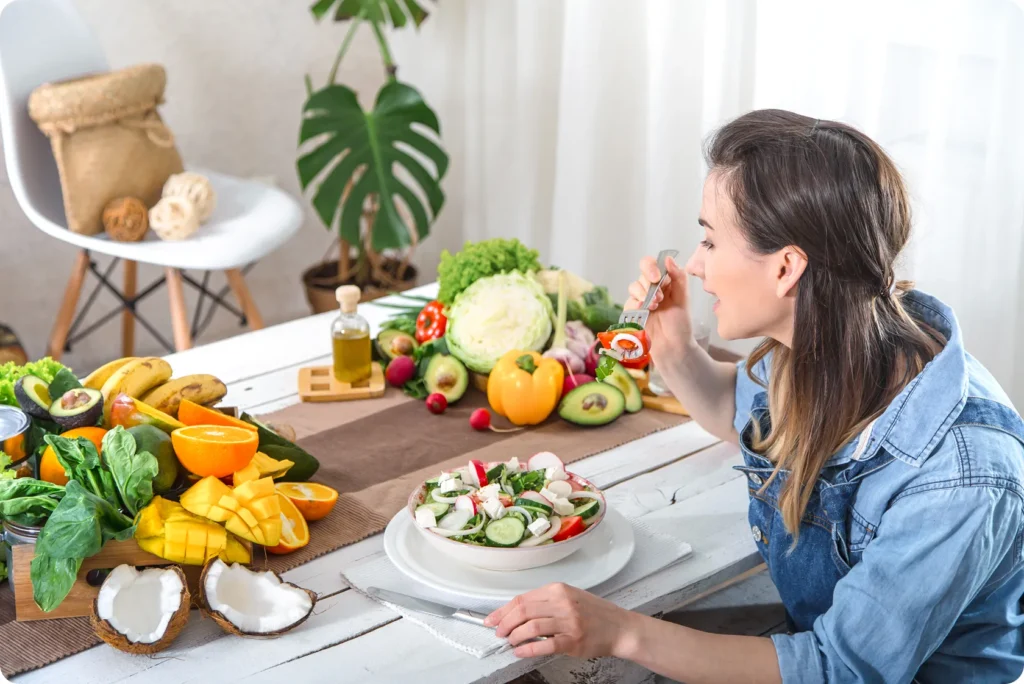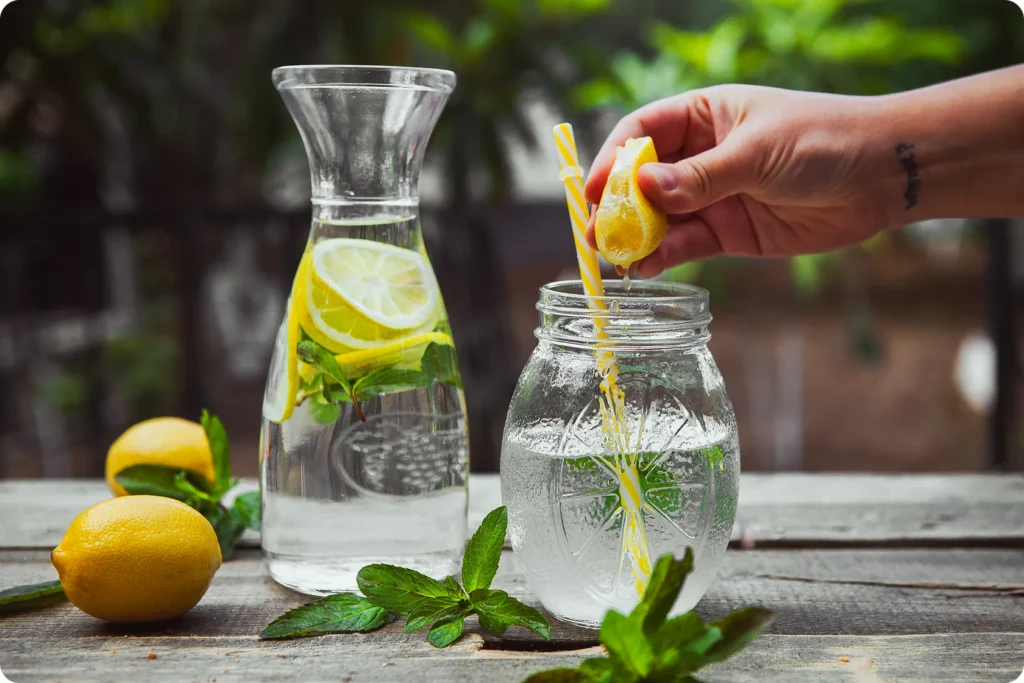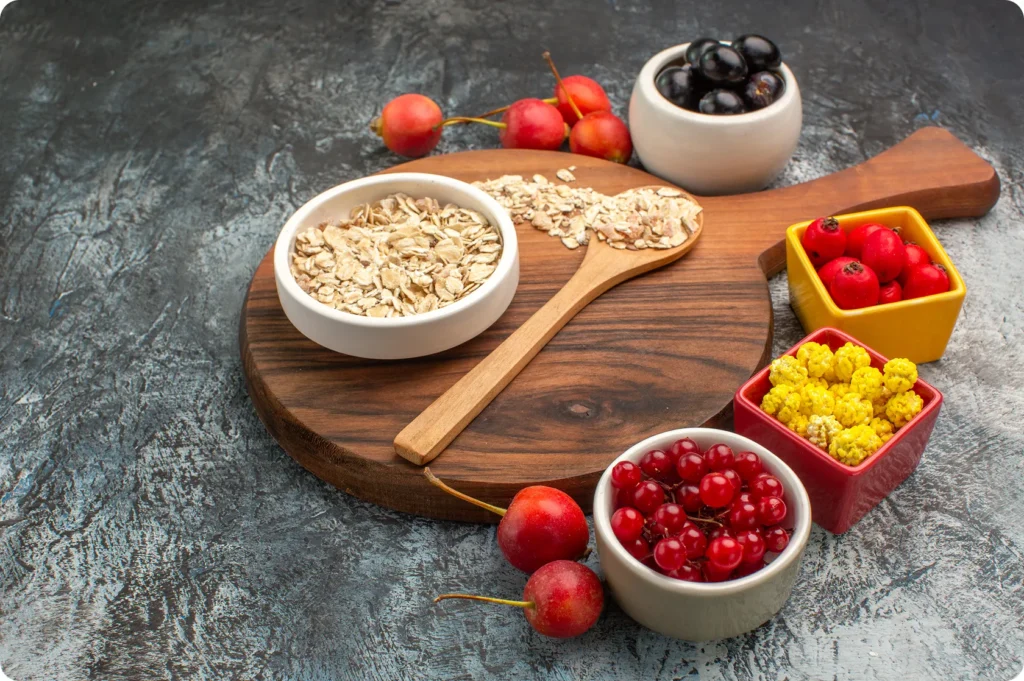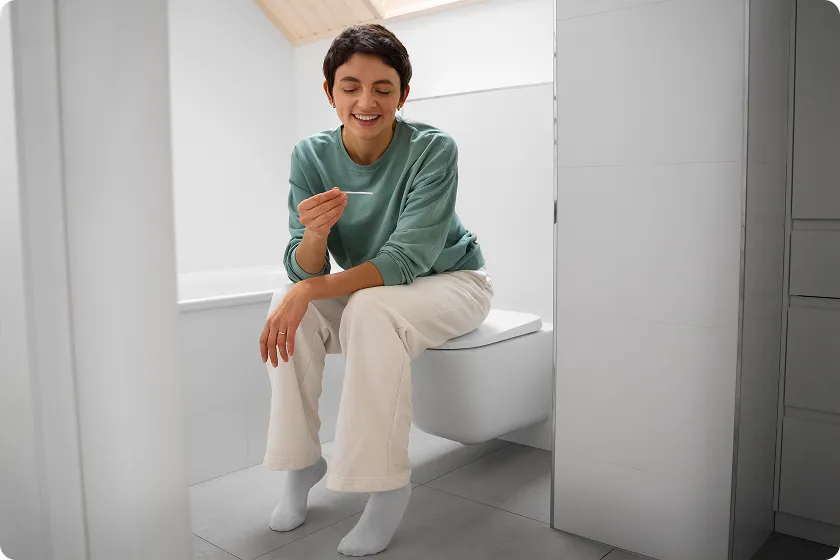Table of Contents
- Introduction: Understanding Constipation and Its Common Triggers
- Increase Your Fiber Intake the Right Way
- Stay Hydrated: Water Is Your Body’s Natural Stool Softener
- Eat Natural Foods to Aid Constipation Relief
- Move More: Boost Gut Motility with Physical Activity
- Practice Smart Toilet Habits to Relieve Constipation Fast
- Try Proven Natural Remedies for Constipation
- Build Healthy Daily Habits to Prevent Constipation Long-Term
- Frequently Asked Questions
- Conclusion: Take Control of Your Digestive Health
Introduction: Understanding Constipation and Its Common Triggers
Almost everyone experiences constipation at some point — that uncomfortable, bloated feeling that makes you wonder how to relieve constipation fast. While occasional constipation is normal, persistent problems can affect your mood, sleep, and even your skin.

Constipation usually happens when your bowel movement frequency slows down, your stool becomes dry or hard, or you find yourself straining on the toilet. The most common signs of constipation include abdominal discomfort, bloating, and irregular stool consistency.
Several factors can cause this condition. Foods that cause constipation (like processed grains or fried foods), dehydration, stress, lack of fiber, or even ignoring the urge to go can all contribute. Some people also experience extreme constipation symptoms, such as severe abdominal pain or nausea, which may need medical attention. The good news? You can often solve mild to moderate constipation naturally. This guide will show you seven essential home remedies that improve digestive system health, promote smoother gut motility, and restore comfort — all backed by simple science and daily habits.
1. Increase Your Fiber Intake the Right Way
Dietary fiber plays a starring role in keeping your digestion regular. It helps your stool absorb water, adds bulk, and keeps your bowel movements soft and easy to pass. But not all fiber is equal, and too much too soon can make things worse.

Understand the Role of Fiber in Constipation
Fiber is found in plant-based foods and is classified as soluble or insoluble.
- Oats, beans, and apples contain soluble fiber, which absorbs water to produce a gel-like material that softens feces.
- Whole grains and vegetables include insoluble fiber, which increases intestinal transit speed and adds volume.
Both types work together to prevent and relieve constipation. That’s why fiber and constipation are always linked in digestive health research.
Gradually Increase Fiber Intake
If you’ve been eating a low-fiber diet, don’t suddenly double your intake. Rapid increases can cause gas or bloating. Instead, aim for 25–30 grams of fiber per day, increasing slowly over a week or two.
Best Fiber-Rich Foods for Constipation Relief
Here are excellent fiber-rich foods that help with constipation:
- Oats, chia seeds, and flaxseeds
- Apples, pears, and berries
- Lentils, beans, and chickpeas
- Whole grains such as brown rice or quinoa
Tip: Always pair high-fiber meals with plenty of water. Fiber without fluid can worsen constipation.
Fiber and Its Benefits for Constipation Relief
| Food Source | Fiber Type | Primary Benefit |
| Oats, apples | Soluble | Softens stool, improves consistency |
| Vegetables, whole grains | Insoluble | Adds bulk, prevents hard stools |
| Legumes | Mixed | Promotes balanced gut motility |
| Chia & flaxseeds | Soluble | Natural stool softeners |
Caption: A balanced mix of soluble and insoluble fiber keeps the digestive system moving efficiently.
2. Stay Hydrated: Water Is Your Body’s Natural Stool Softener
Dehydration is one of the most common hidden causes of constipation. When you don’t drink enough fluids, your colon absorbs excess water from stool, making it hard and difficult to pass.

How Water Affects Stool Consistency
Hydration directly impacts stool consistency and bowel movement frequency. Drinking sufficient fluids helps prevent stool from drying out and supports smooth digestive system health.
How Much Water Should You Drink?
Although everyone has different needs, try to drink 8 to 10 glasses of water a day. You might require more if you exercise frequently or live in a hot climate. Clear soups, flavored water, and herbal teas are also acceptable.
Drinks That Help Relieve Constipation Fast
If you’re wondering what drinks help relieve constipation fast, try these options:
- Warm water with lemon: Stimulates digestion naturally.
- Prune juice: Contains sorbitol, a natural stool softener.
- Aloe vera juice: Mild natural laxative for constipation.
Magnesium water: Helps draw water into the intestines, easing elimination.
3. Eat Natural Foods to Aid Constipation Relief
Food plays a major role in digestion. Knowing both foods to aid constipation and foods that cause constipation helps you make smarter choices.

Foods That Help Relieve Constipation Naturally
- Prunes for constipation: Proven natural remedy with sorbitol and fiber.
- Kiwi, papaya, and apples: Contain enzymes that support digestion.
- Leafy greens and whole grains: Promote healthy gut motility.
- Yogurt with probiotics: Improves beneficial gut bacteria balance.
Foods That Make Constipation Worse
If you’re asking, “What foods make constipation worse?”, avoid:
- Processed meats and fried foods
- Refined grains (white rice, white bread)
- Dairy (for lactose-sensitive individuals)
- Excessive caffeine and alcohol
Balance and Moderation
Even foods that cause constipation aren’t always bad — moderation and balance are key. Combine higher-fiber foods with hydration to keep digestion smooth.
4. Move More: Boost Gut Motility with Physical Activity
Sedentary lifestyles slow gut motility, leading to sluggish digestion. Physical movement helps stimulate intestinal contractions and encourages regular bowel movements.

How Exercise Helps Relieve Constipation
Gentle exercises like walking, yoga, and stretching can significantly improve digestive system health and stool consistency.
Best Exercises for Constipation Relief
Try these daily:
- Brisk walking: 20–30 minutes.
- Yoga poses: Wind-relieving pose, child’s pose.
- Core exercises: Strengthen abdominal muscles that support bowel movement.
When to Exercise
Morning is ideal — light activity before breakfast helps kickstart digestion and may prevent extreme constipation symptoms later in the day.
5. Practice Smart Toilet Habits to Relieve Constipation Fast
If you’ve ever wondered how to relieve constipation on the toilet immediately, it starts with posture and timing.

Proper Toilet Posture
Use a small stool under your feet to elevate your knees above hip level. This position straightens your rectum, making elimination easier.
Don’t Rush or Strain
Give yourself some time. Hemorrhoids and constipation symptoms can be exacerbated by straining. Breathe deeply, unwind, and let your body react organically.
Respond Promptly to the Urge
Neglecting the need to use the restroom can result in long-term constipation. Incorporate restroom visits into your daily schedule — preferably at a consistent time every day.
6. Try Proven Natural Remedies for Constipation
When lifestyle and diet aren’t enough, natural remedies can help get things moving.

Prunes and Natural Laxatives
Prunes for constipation are one of the best remedies due to their fiber and sorbitol content. Other gentle laxatives for constipation include psyllium husk and aloe vera juice.
Magnesium for Constipation Relief
Magnesium for constipation acts as an osmotic laxative, pulling water into the intestines to soften stool. Magnesium citrate or magnesium hydroxide is effective for short-term relief.
Natural Stool Softeners
Natural stool softeners include flaxseed oil, olive oil, and herbal teas like senna or ginger. Use them occasionally for gentle relief.
7. Build Healthy Daily Habits to Prevent Constipation Long-Term
True relief comes from prevention. Building small daily habits keeps your digestive system healthy and regular.

Maintain a Consistent Routine
Regular eating and sleeping schedules help regulate bowel movement frequency. Your body thrives on rhythm.
Manage Stress
Chronic stress disrupts gut motility and can worsen signs of constipation. Try deep breathing, meditation, or light exercise daily.
Prevent Constipation in Daily Life
If you’re asking “how do I prevent constipation in daily life?”, focus on:
- Eating balanced, fiber-rich foods
- Drinking plenty of water
- Staying active
- Responding to natural urges promptly
Frequently Asked Questions
Curious about quick fixes or how to manage symptoms? Here are answers to common constipation questions.

1. How can I relieve constipation quickly?
Drink warm water, walk for 10 minutes, and try natural remedies for constipation like prunes or magnesium. A gentle abdominal massage can also help stimulate gut motility.
2. How do I know if I have constipation?
Typical signs of constipation include infrequent bowel movements (fewer than three times a week), hard stools, or difficulty passing stool.
3. What fruits are good for constipation relief?
Prunes, apples, kiwi, papaya, and pears are excellent fiber-rich foods that naturally relieve constipation.
4. What are signs of severe constipation?
Extreme constipation symptoms include severe abdominal pain, nausea, vomiting, or rectal bleeding. Seek medical advice immediately if these occur.
5. What drinks help relieve constipation fast?
Warm lemon water, prune juice, herbal teas, and magnesium water are effective drinks to help relieve constipation fast.
6. How do you treat extreme constipation?
For chronic or extreme constipation, consult a doctor. They may recommend stool softeners or mild laxatives for constipation, but avoid overusing them.
Conclusion: Take Control of Your Digestive Health
Although constipation might be painful, you don’t have to let it rule your life. You may naturally restore the health of your digestive system by concentrating on fiber and constipation balance, drinking enough water, consuming foods that help with constipation, and upholding good habits.

Recall that seeking individualized attention from a healthcare provider is the best option if severe constipation problems continue. Lifelong comfort and well-being may be achieved by taking little, regular efforts like staying hydrated, exercising, and eating mindfully.
Internal Links
- Different Birth Control Methods: 7 Essential Options You Should Know
- How to Lower Blood Pressure Instantly: 7 Essential Natural Ways
- Bird Flu Symptoms in Humans and Animals: How to Recognize Early Signs




